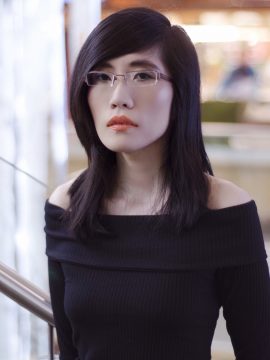Sang Wu
Research / Teaching Area
About
I am a Ph.D. candidate in English at Cornell University. My research focuses on Romanticism, deconstruction, and discourses of knowledge. I am currently completing a dissertation which reads the figures and syntax of Romantic literary and theoretical texts to rethink how their formal elements structure–and resist structuring–epistemological discourses of knowledge about the unknown, the accidental, the non-referential, the contingent. It reimagines how the knowing of not knowing (including the chance encounters through which language comes to signify the foreign, the monstrous, the nonhuman, and death) is to be known. Other interests include psychoanalysis, continental philosophy, trauma studies, and the intellectual history of theory. At the heart of my work lies a sustained attentiveness to the referentially reflexive relation between self and world, language and its conditions of possibility.
Before joining Writing, Research and Discourse Studies, I taught courses in genre fiction, in cultural studies, and academic writing in the Cornell Prison Education Program.
